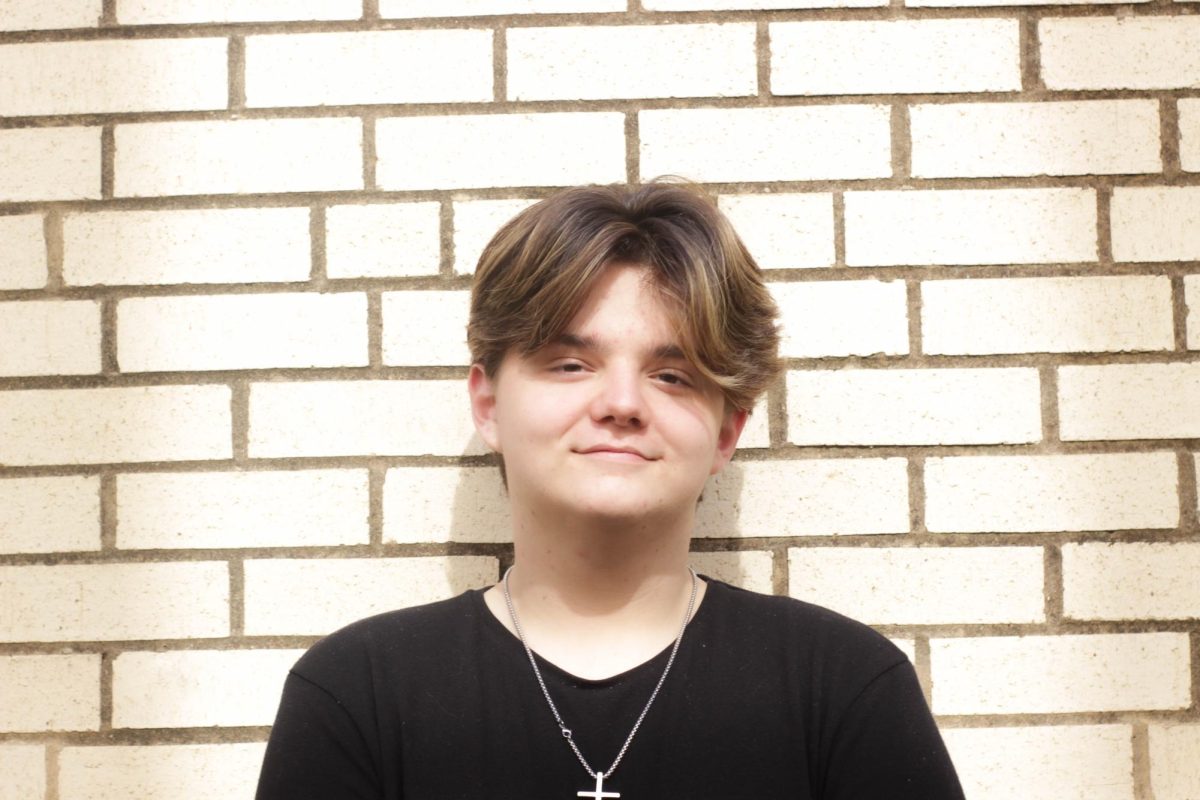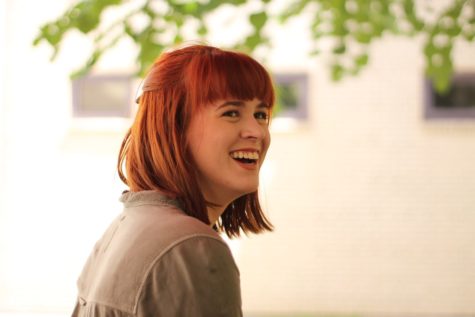Just five years ago, the amount of blockbuster films with a female lead were few and far between. Films like “The Hunger Games” and “Twilight” paved the way for women in the spotlight but failed to make a huge impact beyond their fan base.
As the feminist movement began to grow in the early to mid 2010s, more female characters started to appear in leading roles, and a trend started to appear — remaking classic male-lead films with an all female cast. However, the objective of these films is less to create female characters that reflect real women and bring diversity to mainstream media, and more to present an aggressive “we don’t need men” attitude that contradicts the true meaning of feminism.
Movies like the 2016 “Ghostbusters” remake and “Oceans 8” erase leading men and replace them with women by having men act as villains or less-intelligent secondary characters. This pushes men to the background and gives off the impression that they’re unneeded and a hindrance to women’s success.
In the past, women have unrightfully been subjected to these less-intelligent, background characters, but this does not mean that we now have to put men in the same demeaning roles for the sake of “catching up.” Hollywood’s focus needs to be on getting the right kind of female representation that shows women and men working together as equals.
In 2016, “Batman v Superman: Dawn of Justice” introduced a new, modern Wonder Woman. Originally only a secondary character, Diana Prince, emerged as a star in her own movie, “Wonder Woman,” the following year. The film portrayed men and women working together for a common goal. “Wonder Woman” changed the idea that one sex had to be the background character in the other’s story.
Following the success of the #MeToo movement, “Captain Marvel” gave audiences another example as Carol Danvers and Nick Fury shared the screen as partners. Female leads like Carol and Diana shine on screen, without putting down their male counterparts. They treat their scene partners as equals who belong there just as much as they do. This dynamic between male and female characters is the direction Hollywood needs to continue.
In the last few years, the feminist movement’s message has drifted away from its true definition: the social, political and economic equality of the sexes. It has begun to focus more on the female experience and work towards gaining female equality. While there’s nothing wrong with this, the movement has begun to put down men in an effort to get women to a higher status.
As a proud feminist myself, I see the good that the movement does, but I also recognize its harm. The “toxic femininity” of today keeps us in a separated mindset where the sexes view one sex as less than the other.
The current, radical form of feminism has created another topic of discussion for female characters: the Mary-Sue. A Mary-Sue is a female character that is seemingly perfect and is almost always successful. Characters like Rey from Star Wars and Elle Woods from “Legally Blonde” succeeded flawlessly in their storylines and achieved seemingly impossible tasks easily. These kinds of characters create an unrealistic, idealized version of the female experience.
However, with these female leads carrying the films of traditionally male-dominated franchises, they pave the way for future female-led blockbuster films. There’s nothing wrong with being a Mary Sue, but our society has now grown past the point that female-led films were limited. The introduction of Wonder Woman and Captain Marvel shows the shift from Mary-Sue storytelling to stories that represent real women and their experiences.
Society needs to follow Hollywood’s lead and turn away from the narrative that women don’t need men to succeed and either sex must tear down the other to get ahead. Women do need men to succeed, but men need women to succeed too. We have to work together if true gender equality is to be met in life and onscreen.





